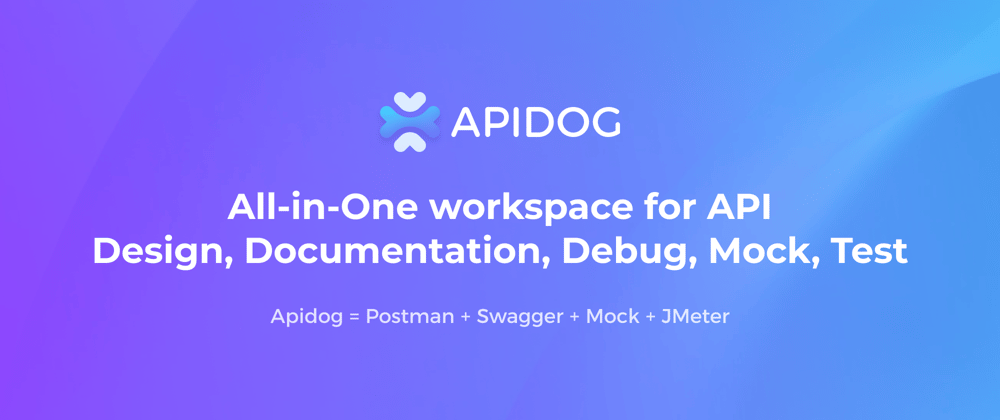What Language Is Used In Postman
The Language of Postman: Unveiling the Power of JavaScript
Postman, a popular API testing platform, offers a powerful and flexible environment for interacting with APIs. While you might think it’s a visual tool only, Postman leverages the versatility of JavaScript to enable sophisticated test automation and data manipulation. Let’s delve into the world of JavaScript within Postman, exploring how it empowers you to take your API testing to new heights.
JavaScript in Postman: A Deep Dive
Postman utilizes JavaScript within its scripting engine to extend the functionality of the tool beyond simple requests and responses. Here’s a breakdown of how JavaScript plays a crucial role:
- Test Scripts: Defining test cases, verifying expected responses, and performing assertions are all facilitated through JavaScript.
- Pre-request Scripts: Modifying requests before they are sent, dynamically generating data, or setting up environment variables are all achievable using JavaScript.
- Post-request Scripts: Manipulating responses, extracting data, or performing validations based on received data are possibilities enabled by JavaScript.
Mastering JavaScript for API Testing: Practical Examples
Let’s explore concrete examples of using JavaScript in Postman to illustrate its power.
1. Verifying API Responses
Objective: Ensure a successful API call returns a specific status code and a specific field containing expected data.
pm.test("Status code is 200", function () { pm.response.to.have.status(200);});
pm.test("Response contains 'success' message", function () { pm.response.to.have.body("success");});Explanation:
pm.testdefines a test case.pm.response.to.have.status(200)asserts the response status code is 200.pm.response.to.have.body("success")checks if the response body contains the string “success”.
2. Pre-request Scripting for Dynamic Data Generation
Objective: Generate a random email address before sending a request to a signup API endpoint.
const randomEmail = `${Math.random().toString(36).substring(2, 15)}@example.com`;pm.environment.set("email", randomEmail);Explanation:
Math.random().toString(36).substring(2, 15)generates a random string for the email address.pm.environment.set("email", randomEmail)stores the generated email in the Postman environment variable called “email”.
3. Post-request Scripting for Extracting Data
Objective: Extract the user ID from the response body and store it in an environment variable.
const userId = pm.response.json().userId;pm.environment.set("userId", userId);Explanation:
pm.response.json()parses the response body as JSON.userIdextracts the value of the “userId” field.pm.environment.set("userId", userId)saves the extracted value to the environment variable “userId”.
The Power of Postman’s JavaScript: A Comprehensive Approach
By harnessing the capabilities of JavaScript in Postman, you can elevate your API testing to a new level of sophistication.
- Automated Testing: Create extensive test suites to comprehensively assess API functionality.
- Dynamic Data Management: Generate, modify, and extract data during tests, simulating real-world scenarios.
- Customizations: Tailor your tests to specific requirements and adapt them to different API endpoints.
Beyond the Basics: Advanced JavaScript Applications
Postman’s JavaScript scripting goes beyond basic examples. Here are some advanced functionalities:
- External Libraries: Integrate external JavaScript libraries to leverage specialized functionality for cryptography, date manipulation, etc.
- Reusable Scripting: Create reusable JavaScript snippets or functions to streamline common actions across multiple tests.
- API Mocking and Test Data Generation: Use JavaScript to simulate API responses and generate custom test data, contributing to robust testing efforts.
Remember, mastering JavaScript in Postman empowers you to build comprehensive and efficient API testing workflows. Embrace the language’s flexibility and leverage its potential to unlock the full power of Postman as a robust API testing tool.
